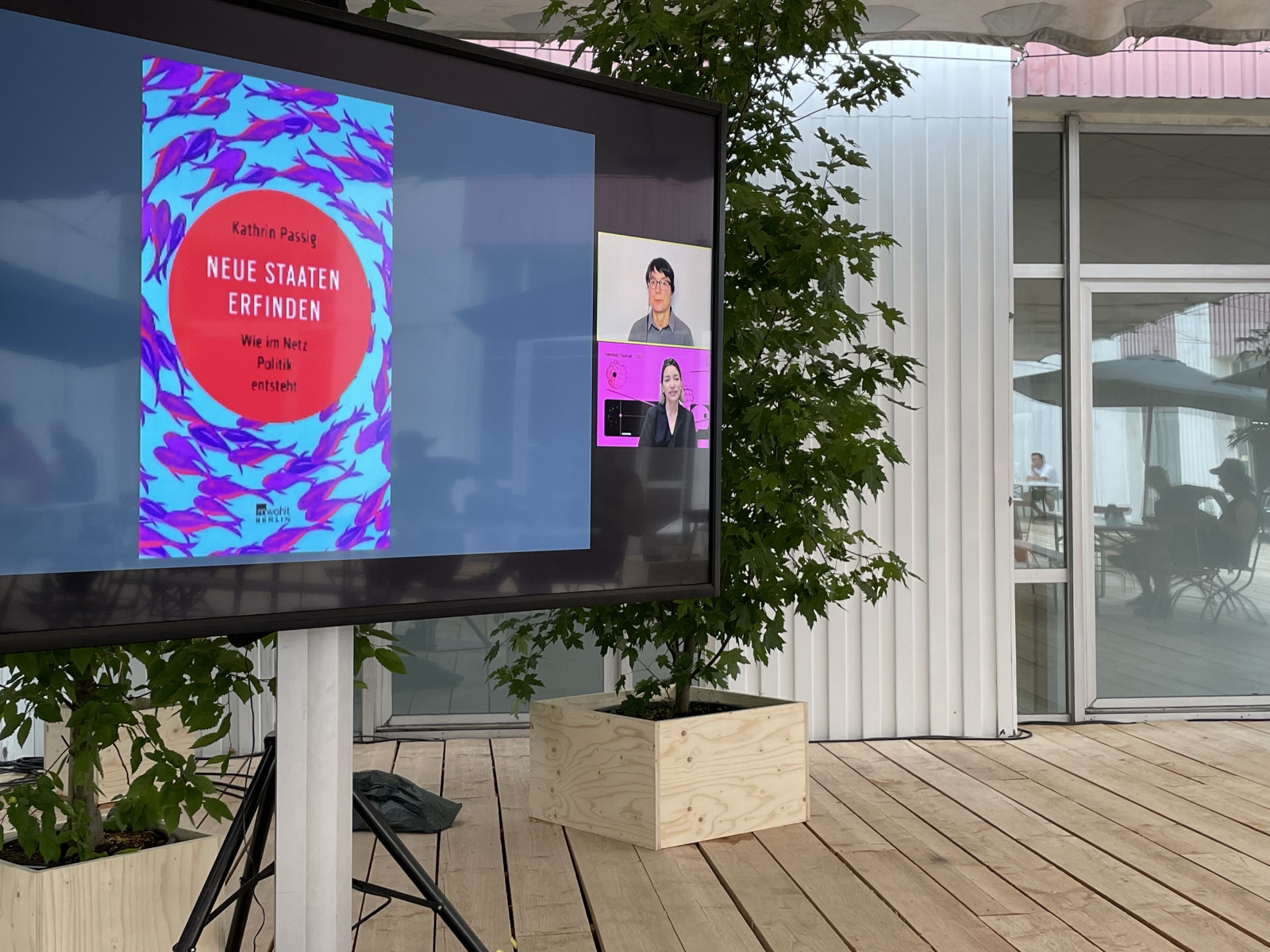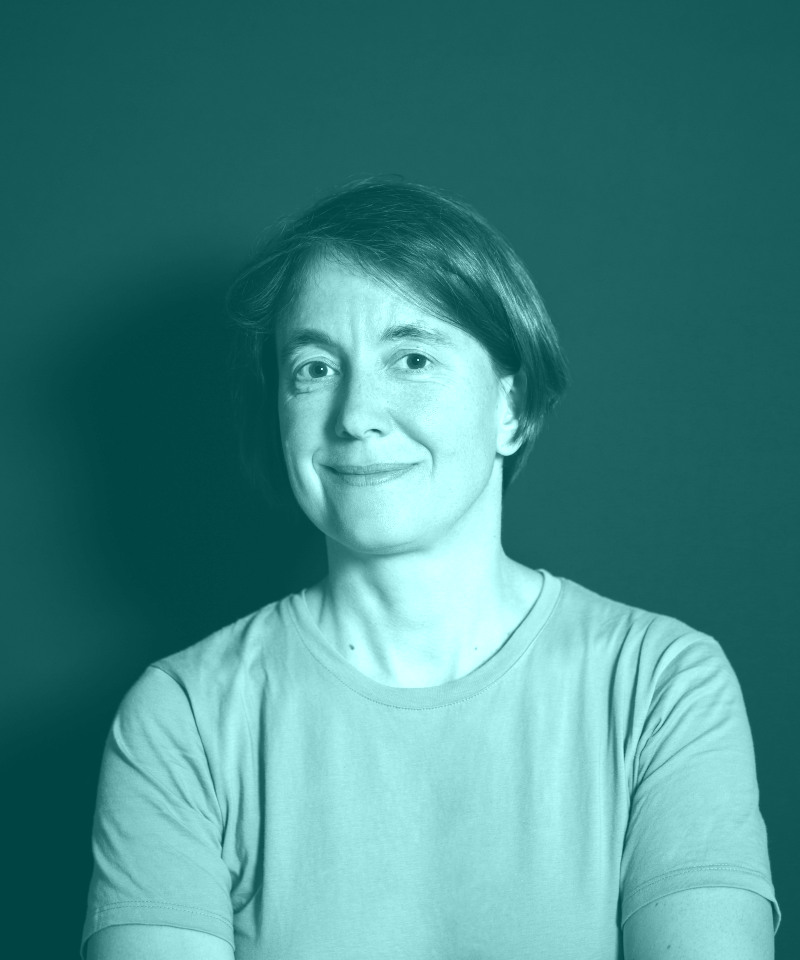Kathrin Passig is a Berlin-based author of non-fiction and essays and a lecturer. In 2006 she was awarded both the Ingeborg-Bachmann-Prize and the Audience Award at the Festival for German-Language Literature in Klagenfurt, Austria. Together with several hundred authors, she writes about everyday technologies and the ways they are changing at the collaborative blog techniktagebuch.tumblr.com. In 2019 the blog received the Grimme Online Award. The jury’s statement: “Kathrin Passig and Anne Schüßler have created a unique online location. A timeline that documents the changes, advances and intricacies of the relationship between humans and machines. (...) With its impressive longevity the project is an extraordinary project.”
Micropolitics

Lecture with Kathrin Passig (DE), followed by a conversation with Rahel Süß (DE)
In the last few years, large digital companies have not only become politically active,but are also undermining legal regulations to advance their own interests.At the same time,they are being used by governments to reach certain geopolitical objectives.Ordinary citizens, on the other hand, are increasingly joining forces online as digital actors, often motivated by the goal of eliciting change.These groups also form political groups, striving to protect their rights, gain power und make their voices heard.Although internet communities generally don’t define themselves as political, political activity is often to be found in places where it isn’t labelled as such.The technical and social structures of our affiliations are, however, just as undemocratic, unjust and impractical as those that we protest against – or even worse.Why is this true and how can we make it better?
In her book to be released in 2022 Neue Staaten erfinden. Wie im Netz Politik entsteht [Inventing New States. How Politics are Created Online], Kathrin Passig examines these new institutions and practices. In her lecture, she will offer a glimpseat themonarchies, dictatorships and democraciesthatare taking shape online,theproblems they are solving or creating andthequestions related to civic rights that are emerging in the process.

Rahel Süß is a political theorist researching digital technologies and the future of democracy at Humboldt University (post-doc). She is the founder of the journal engagée and the founding director of the Data Politics Lab. Rahel is currently working on her forthcoming monograph on the idea of experimental democracy. She is the author of ‘La Politique de la Provocation’ (2021), ‘Demokratie und Zukunft – Was auf dem Spiel steht’ (2020), and ‘Kollektive Handlungsfähigkeit’ (2015).


